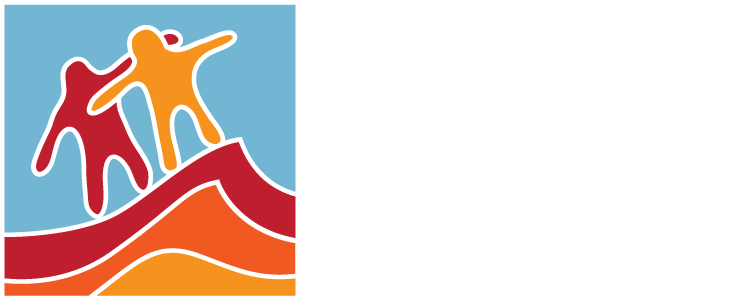The Mental Health Association of Central Australia (MHACA) welcomes the opportunity to provide comment on the Priority Actions of the National Stigma and Discrimination Reduction Strategy developed by the National Mental Health Commission.
MHACA is a leading Northern Territory community managed organisation offering psychosocial support services, NDIS services, housing and homelessness support, suicide prevention training and health promotion initiatives to enhance the wellbeing of people living in Central Australia.
We are the only specialist mental health NGO in the Northern Territory (NT) outside of Darwin.
Our submission is informed by the experience of our participants, many of whom live with complex and enduring mental illness and have a lived experience of experiencing stigma and discrimination.
We have previously partnered with SANE Australia to ensure the voices of Northern Territory community members, including Aboriginal and Torres Strait Islander (ATSI) people, have been included in national surveys like the Our Turn To Speak Survey that informed the National Stigma Reportcard.
In 2021 MHACA also facilitated consumer voices to be represented in the review of the NT Mental Health and Related Services Act. The strongest message from our participants from that review process was highlighting the often poor, and sometimes traumatising experiences they have encountered through their attempts to seek assistance, admission and treatment in mental health wards and experiences with community based clinical mental health care. Many of these issues relate to the quality of their interactions with health professionals, including experiences of stigma and discrimination.
Trauma informed and culturally responsive care is particularly important when supporting Aboriginal community members who are overrepresented in the clinical mental health care system.
MHACA welcomes the national focus of reducing stigma and discrimination, and the broader focus and investment in improving Australia’s mental health care and suicide prevention services.
Our overarching comment is that the National Stigma and Discrimination Reduction Strategy and Priority Actions are quite ambitious, and with multiple national reform processes happening at the same time our concern is around capacity to implement all the actions.
As a regional and remote mental health service, our capacity as an organisation to implement all of the national strategies and accompanying actions is also a concern, as we focus on participant-centred care, meeting all accreditation processes and remaining viable under the NDIS and uncertain funding environments.
Read MHACA’s full submission


